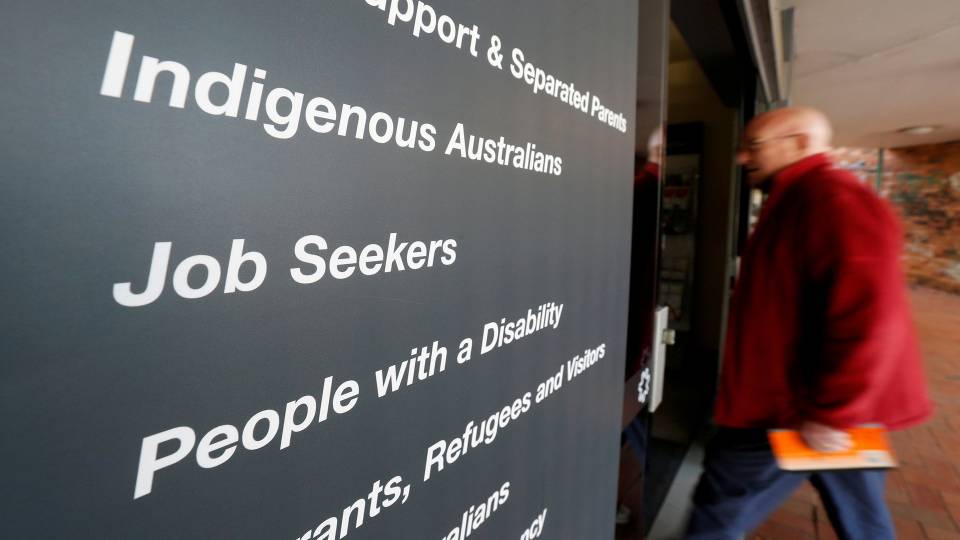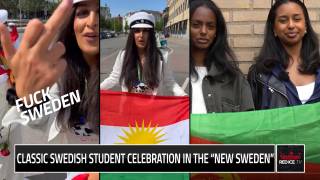Migrants: Unemployment rate among new Australians doubles
MIDDLE Eastern migrants are piling on to the dole queue — with a 33 per cent jobless rate during their first five years in Australia.
The Daily Telegraph can reveal the unemployment rate among recent immigrants from the Middle East has doubled in a decade, with one-in-three out of work.
Migrants from the Middle East and North Africa are also three times more likely than European or Asian immigrants to be out of work in the first five years of settlement. And their 33 per cent jobless rate is six times higher than the national average.
Islamic migration experts have blamed the sky-high unemployment rate on bosses who shun jobseekers named “Mohammad’’ and women wearing hijabs.
The latest Australian Bureau of Statistics data reveals Middle Eastern migrants are having more trouble finding jobs than other immigrants.
Asian and European immigrants have an even lower jobless rate than Australian-born workers, after living here five to nine years.
But among Middle Eastern jobseekers, the unemployment rate is an alarming 17.5 per cent.
This compares to 3.6 per cent for southeast Asian migrants, and 1.9 per cent for those from southern and eastern Europe.
Australian National University economist Bob Gregory said most Middle Eastern migrants were refugees, and English language skills were “crucial’’ to finding work.
“Refugees have very high unemployment and this lasts for a very long time,’’ Emeritus Professor Gregory said.
“Asian migrants are nearly all tertiary graduates and study here — this makes job finding easier.’’
Australia granted 15,552 humanitarian visas during 2015/16, with most given to refugees from Iraq, Syria, Myanmar and Afghanistan.
The number of Iraqi-born migrants living in Australia has grown by 38 per cent in the last decade, to more than 63,000. And the number of Syrian settlers is set to double after the federal government promised to take 12,000 as refugees.
The Department of Social Services said newly settled refugees “often undergo a period of adjustment and require training, such as English language tuition, before seeking employment’’.
“Refugees can make significant economic contributions to Australia by helping to fill labour shortages,’’ a spokesman said.
“Like any other significant number of new migrants, they bring a range of skills, knowledge, and innovative work and business practices’’.
The spokesman said refugees did not have to wait two years for welfare payments, like other migrants.
Refugees receive up to 510 hours of free English language tuition and the federal government is spending $22 million on training and support for young jobseekers on humanitarian visas. University of Newcastle Emeritus Professor Terry Lovat, who studied the job outcomes of Islamic workers for the Immigration Department, called for “blind resumes’’ to stop employers discriminating on grounds of names or photos.
“The name ‘Mohammad’ could put people off and women have an issue if they wear the hijab,” he said. “That becomes more of an issue if (job applications) include a photo.”






















